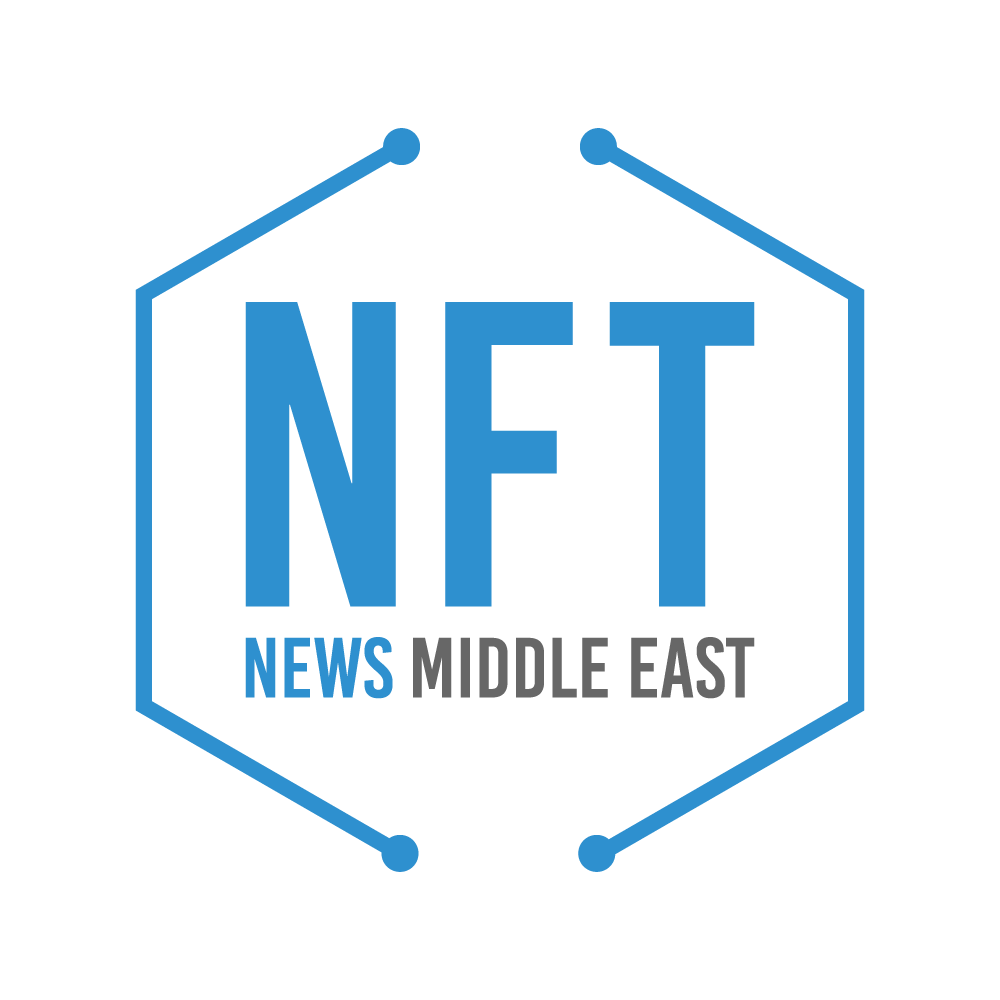Last Updated on March 19, 2024 by newseditor
Non-fungible tokens (NFTs) are a part of blockchain technology that has attracted a lot of interest from educational institutions. Below, we will look at some of the uses of NFTs in Edtech.
Uses of NFTs in Edtechs
Edtechs and educational institutions can use NFTs for different purposes. Below, we will look at some of the common usages.
Educational and Learning Resources
NFTs can help produce interactive learning tools. These tools can come in the form of virtual reality experiences, simulations, and multimedia presentations. NFT-based learning resources, students help students participate in interactive exercises that provide a more dynamic and captivating examination of diverse ideas. These learning materials help students learn at their own pace.
Digital Accreditation
Edtechs and schools can produce NFTs as digital copies of certificates that attest to the successful completion of training courses, degrees, professional certifications, or other courses. These NFT-based certificates will have metadata like the recipient’s name, issuer details, completion date, and other pertinent data. They can be issued by educational institutions, training providers, or certifying authorities.
Since blockchain is decentralized, if any Edtech organization converts certificates to NFTs, it cannot be changed, or manipulated. In the long run, it increases the legitimacy and integrity of the accrediting procedure.
Furthermore, this method makes it simple to verify and authenticate digital certificates. By looking through the blockchain record, recipients and prospective employers may authenticate the legitimacy of the certificate, proving the user’s identity and qualifications.
For example, Duke University used NFTs to certify the Master of Engineering in Financial Technology degree. Also, MIT used NFTs to issue virtual certifications.
Certification Database
NFTs provide a game-changing way to digitize and securely store certificates. Also, NFTs certificates retain their intrinsic worth. They avoid being commoditized or losing value because of this quality that maintains their independence.
With a unique digital signature attached to each certificate, it is almost impossible to modify or counterfeit without being discovered. This creative method prevents tampering, streamlines verification processes, and ensures the safe storage of certificates—all of which contribute to the certification process ensuring credibility.
Securing Research and Inventions Through NFTs
Inventors may provide a timestamped record of their work as proof of the creation’s existence at a certain moment in time by tokenizing research or invention as NFTs. This fulfills the patent law’s “first to invent” criteria in addition to establishing priority.
One can keep research papers, diagrams, technical specifications, prototypes, and other important research or innovation-related material and information as NFTs. Storing this information as NFT helps in the easy creation of comprehensive and user-friendly documentation of the research and innovations. This document, which highlights the invention’s uniqueness, usefulness, and ingenuity, is helpful throughout the patent application process.
Moreover, NFTs include smart contracts that outline license conditions and limitations on the use of patented inventions or research. The rights and permissions linked with these contracts are automatically enforced. This prevents any illegal use or violation.
Final Words
In conclusion, NFTs make it easier to create ownership, record important information, defend legal rights, and quickly transfer and license patented ideas. This method improves the patent landscape’s efficiency, transparency, and intellectual property protection.

